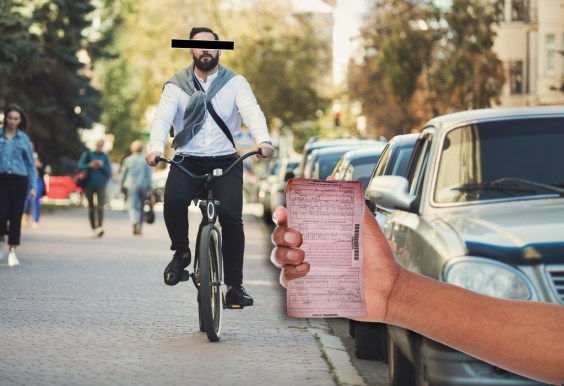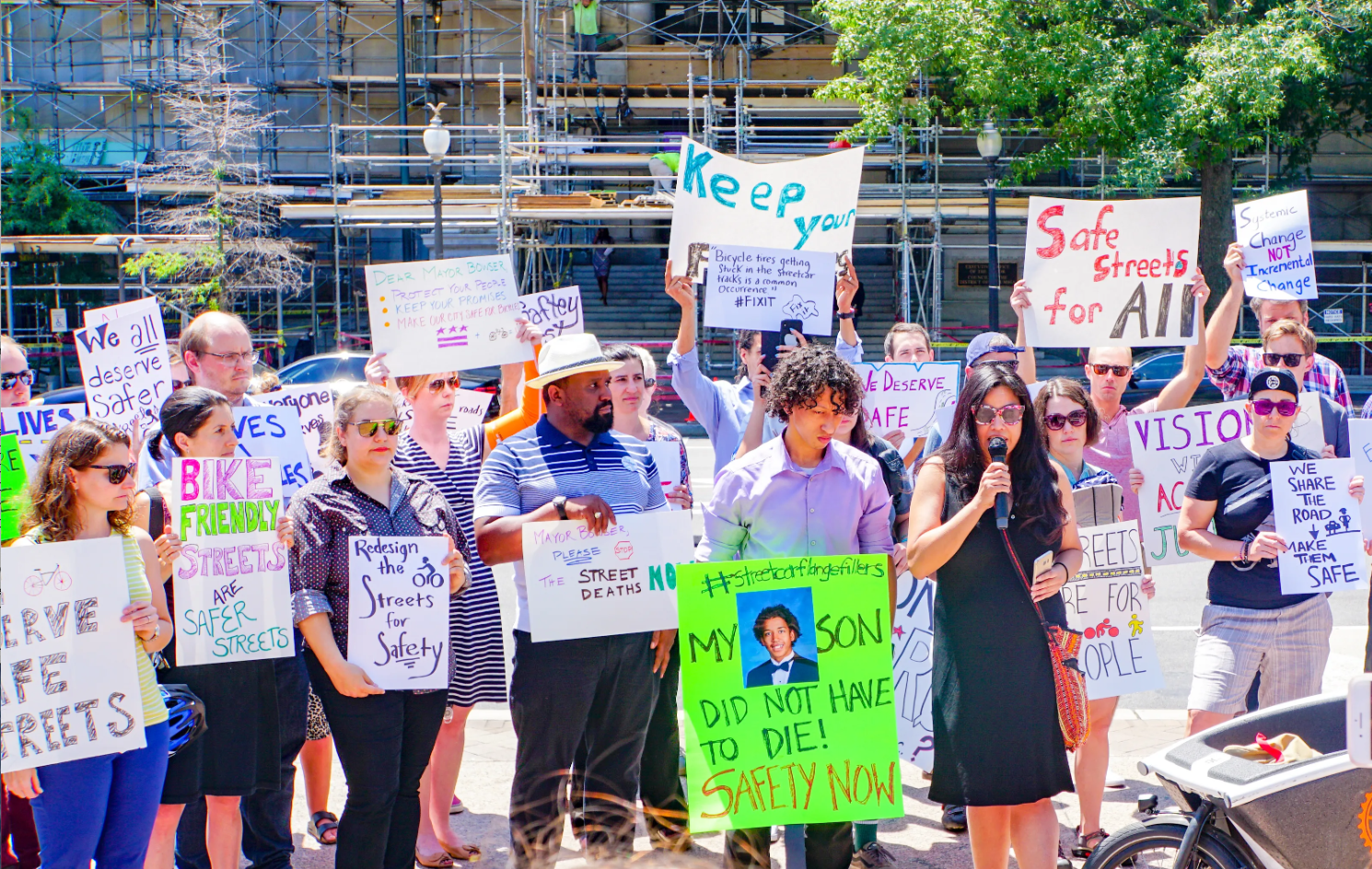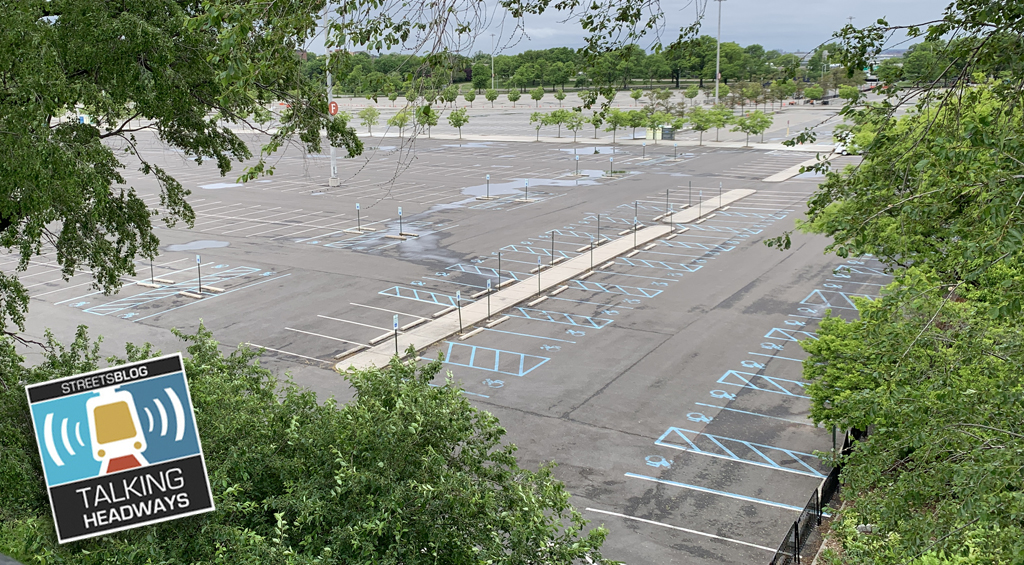There's a whole lot of potential in Richmond, Virginia. This smaller southern city has many of the right ingredients for a walkable, bike-friendly city, says Dan Malouff at Beyond DC:
It’s small, with only a million people in its whole metro area, but it has a relatively large downtown and some very high quality urban neighborhoods.
But up until now, its weak transit system has helped make Richmond the kind of city where everyone drives everywhere. Fortunately, the city has a new plan that could change all that. Richmond leaders have proposed a dramatic expansion of its lackluster transit system -- built around a network of high-frequency bus lines. The city's also planning to build a system of bikeways to match, Malouff says:
The City of Richmond is drafting a new multimodal transportation plan. It builds on existing plans for a BRT line on Broad Street to propose a whole network of priority transit corridors. These would essentially be high quality surface bus routes, like WMATA’s 16th Street line. Not rapid, but not bad.
The draft plan also identifies bike improvements. Richmond is a natural biking city. It’s dense and walkable, and the urban areas are small enough that it’s easy to get to them all with a bike. Among proposed improvements, the plan calls for a bikesharing network, and identifies locations for cycle tracks.
Protected bike lanes in Richmond, Virginia -- wouldn't that be something?
Elsewhere on the Network today: Greater Greater Washington shares the story of a right-hook near-miss that shows how misinformed many drivers are about how to interact with cyclists on the streets. Better Institutions explores the costs of America's hyper-strict passenger rail regulations. And The City Fix outlines three ways Seoul, South Korea, uses transit, coupled with a commitment to equity, to support a healthy city.






